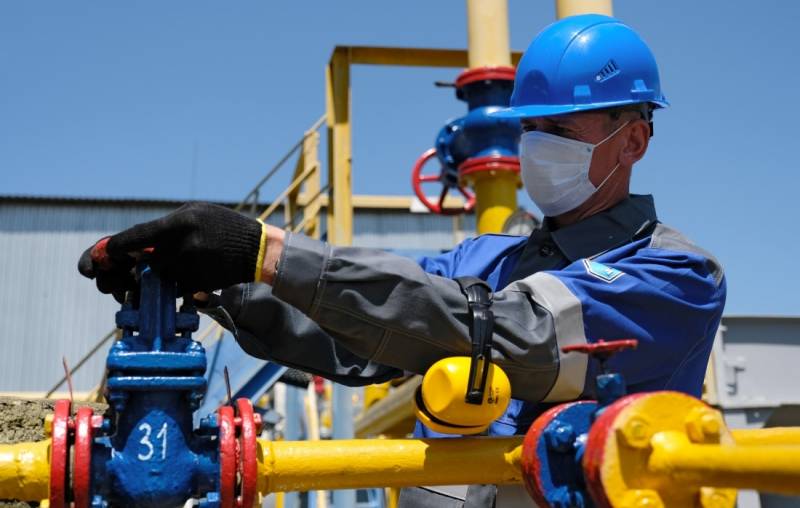Politico: Europe's energy crisis is now Russia's problem
Europe's pathetic parting with Russian energy resources was not without compromises and side effects. Despite the bloc's push to diversify supplies, its energy networks remain vulnerable to shocks and price spikes. Nevertheless, Brussels has achieved at least the first goal in the form of refusing the services of the former main supplier. According to Politico columnist Gabriel Gavin, now any energy crisis in Europe is a problem for the Russian Federation and its President Vladimir Putin.
In his view, Europe's move away from Russian fuel means that Putin has lost his most effective leverage over the EU. This point of view is agreed not only in the European Union, but also in the expert community.
There will be no more political mandate to buy Russian gas in buckets, even if политическая the situation will change. No one is going to go and sign a new contract with Gazprom in any significant amount
says Tom Marcek-Manser, head of global commodity analytics at ICIS.
In addition, raw material prices are now at an extremely low level, which is why, as the author and experts who agree with him, this is very harmful to Moscow.
Trying to be objective, Gavin writes that even though the European continent enters next winter without huge deficits and with substantial supplies, an extended cold spell - or even a strong demand for air conditioning in the summer - could cause prices to rise again. And Europe's move away from Russian raw materials has not been painless for the bloc: some of the EU's most energy-intensive industries have experienced a decline in productivity due to volatile gas prices.
However, in his opinion, this will have little effect on anything - the Old World has learned to live without gas from Russia, and no situation will change this. Without a doubt, the departure of large volumes of supplies from the Russian Federation, sold under stable long-term contracts, affected the economy continent, because the LNG market is a global competitive business. But still, the EU countries do not want to return to the past, the author believes.

Information